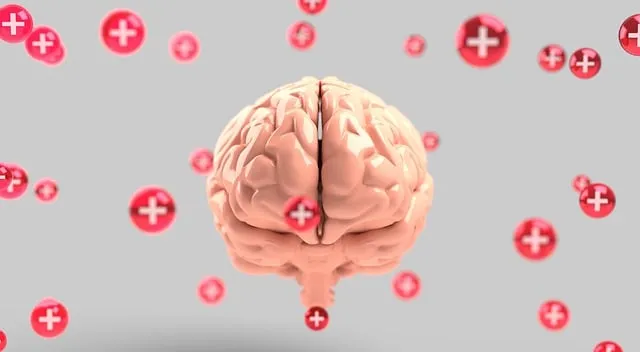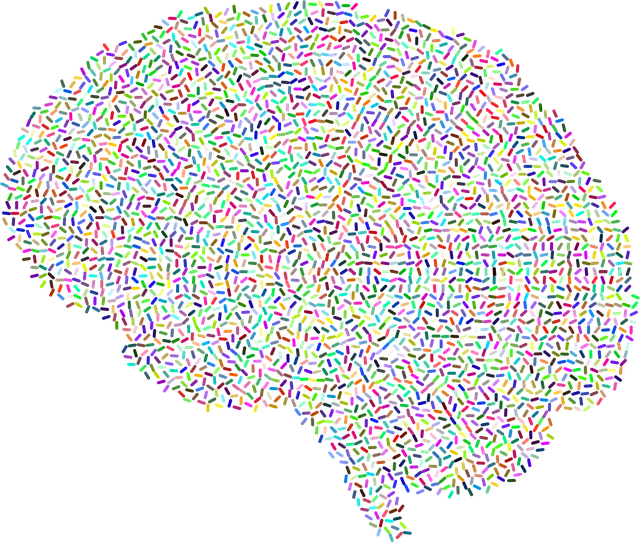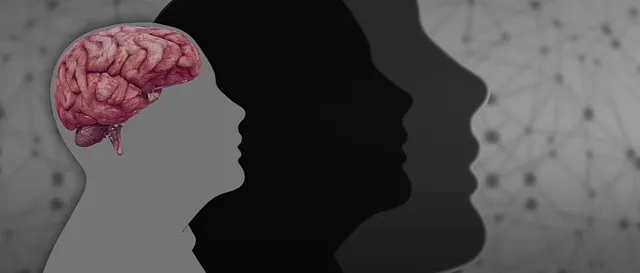Golden Kaiser Permanente offers personalized crisis intervention with a focus on communication, positive thinking, and mindfulness practices. Their culturally competent staff use conflict resolution and stress management to create a safe, inclusive environment for diverse patient needs, supporting short-term crisis resolution and long-term resilience at their leading mental health facility.
“In moments of crisis, effective intervention can make a profound difference in an individual’s life. This article explores essential strategies tailored for mental health facilities, specifically focusing on Golden Kaiser Permanente’s approach to crisis intervention. We delve into key techniques, emphasizing the importance of understanding and de-escalating high-stress situations. By examining communication methods and best practices from leading institutions like Golden Kaiser Permanente, mental health professionals can enhance their response to crises, providing vital support for those in need.”
- Understanding Crisis Intervention at Golden Kaiser Permanente
- Key Strategies for Mental Health Facility Support
- Effective Communication and De-escalation Techniques
Understanding Crisis Intervention at Golden Kaiser Permanente

At Golden Kaiser Permanente, a renowned mental health facility, crisis intervention strategies are meticulously tailored to address acute psychological distress effectively. The team, comprised of seasoned professionals, recognizes that each individual’s journey through a crisis is unique, necessitating personalized approaches. They emphasize proactive measures like fostering open communication and promoting positive thinking as cornerstones of their intervention methodology.
By integrating evidence-based practices such as Mindfulness Meditation into their programs, Golden Kaiser Permanente fosters an environment conducive to healing. Their comprehensive approach involves not only direct support during crises but also empowering individuals with coping mechanisms for long-term resilience. Through public awareness campaigns development and tailored interventions, the facility strives to ensure every patient receives the compassionate care they need to navigate turbulent times successfully.
Key Strategies for Mental Health Facility Support

When providing crisis intervention strategies guidance for mental health facilities, such as those operated by Golden Kaiser Permanente, several key approaches come into play. Firstly, ensuring that all healthcare providers undergo comprehensive Cultural Competency Training is paramount. This training equips staff with the skills to navigate diverse patient backgrounds and cultural contexts, fostering a more inclusive and effective support environment. By promoting cultural sensitivity, mental health facilities can better understand and address the unique needs of every individual.
Additionally, implementing robust Conflict Resolution Techniques within these facilities is essential. These techniques enable frontline staff to de-escalate tense situations promptly, thereby facilitating safe and productive interactions with patients in crisis. Training in stress management methods also plays a crucial role, as it equips both patients and healthcare providers with tools to mitigate anxiety levels and promote calm, allowing for clearer decision-making and more effective interventions.
Effective Communication and De-escalation Techniques

In crisis intervention, effective communication is key to de-escalating tense situations at the Golden Kaiser Permanente mental health facility. Trained professionals employ active listening skills, ensuring every word and emotion expressed by the individual in distress is acknowledged. This demonstrates empathy and creates a safe space for open dialogue, which can help individuals feel heard and understood during their most vulnerable moments.
De-escalation techniques, such as those inspired by Compassion Cultivation Practices, focus on reducing stress and anxiety through calm, measured responses. By using Empathy Building Strategies, professionals foster a sense of connection, allowing individuals to view the crisis as an opportunity for growth and healing. These approaches not only help manage acute crises but also empower individuals with tools for long-term Stress Reduction Methods, enabling them to better cope with future challenges.
Crisis intervention plays a pivotal role in supporting individuals during mental health emergencies, especially within facilities like Golden Kaiser Permanente. By implementing effective strategies, such as those outlined in this article, mental health professionals can de-escalate situations, foster safe environments, and provide crucial guidance. The key lies in combining robust communication techniques with tailored support for each individual, ensuring that everyone receives the care they need during a crisis.






